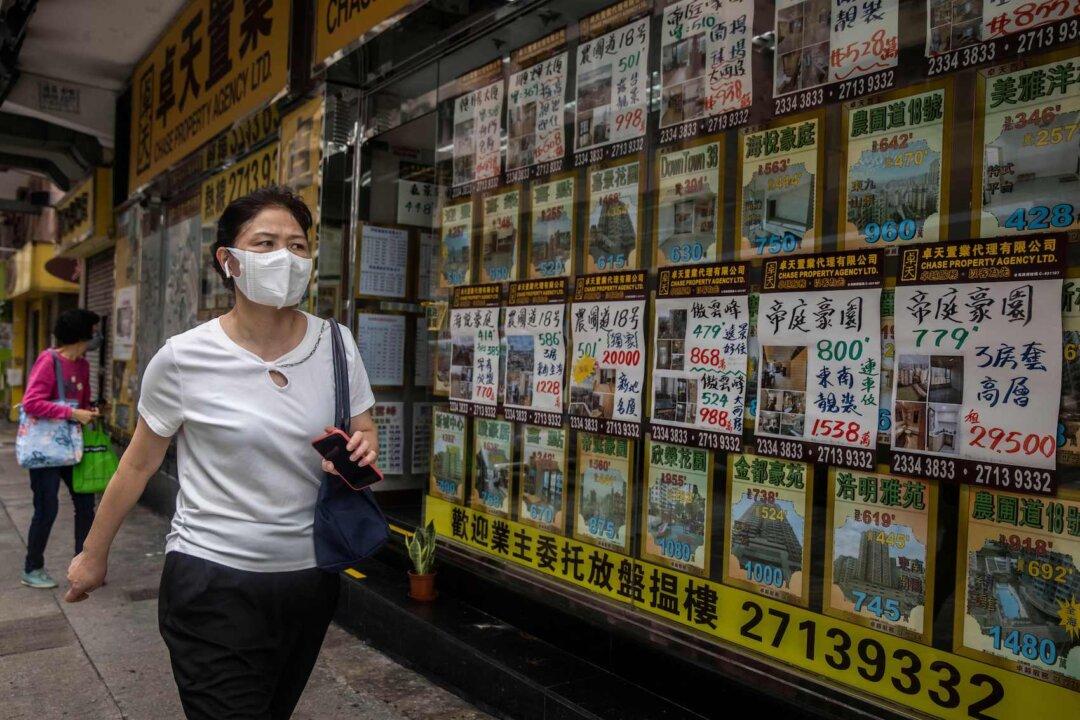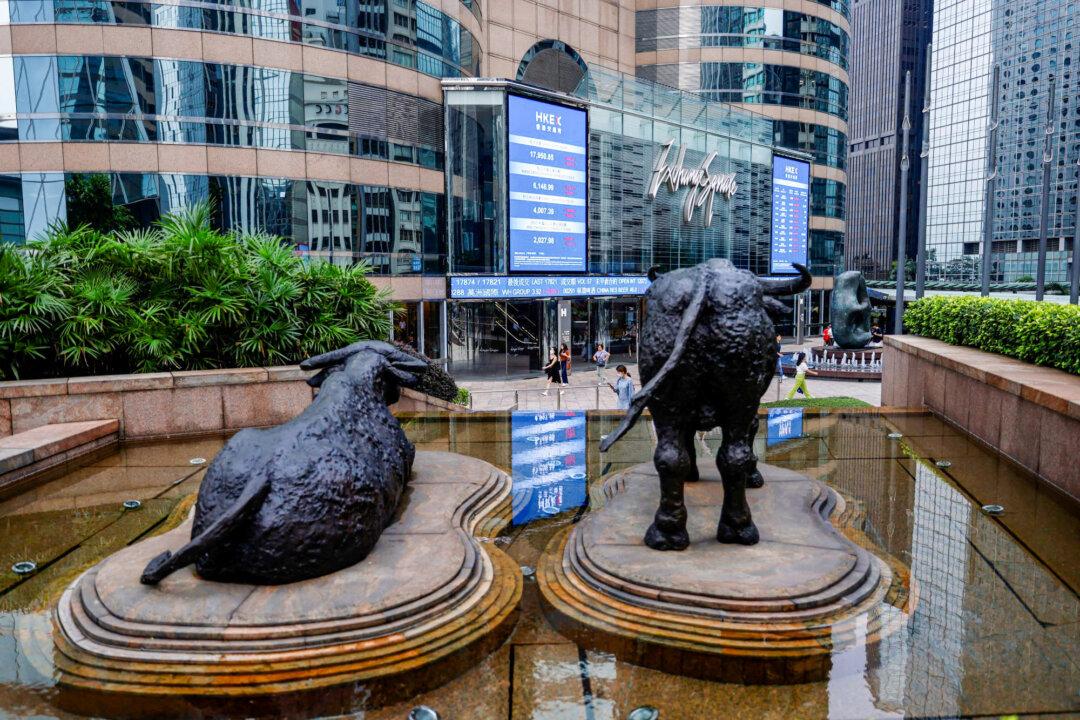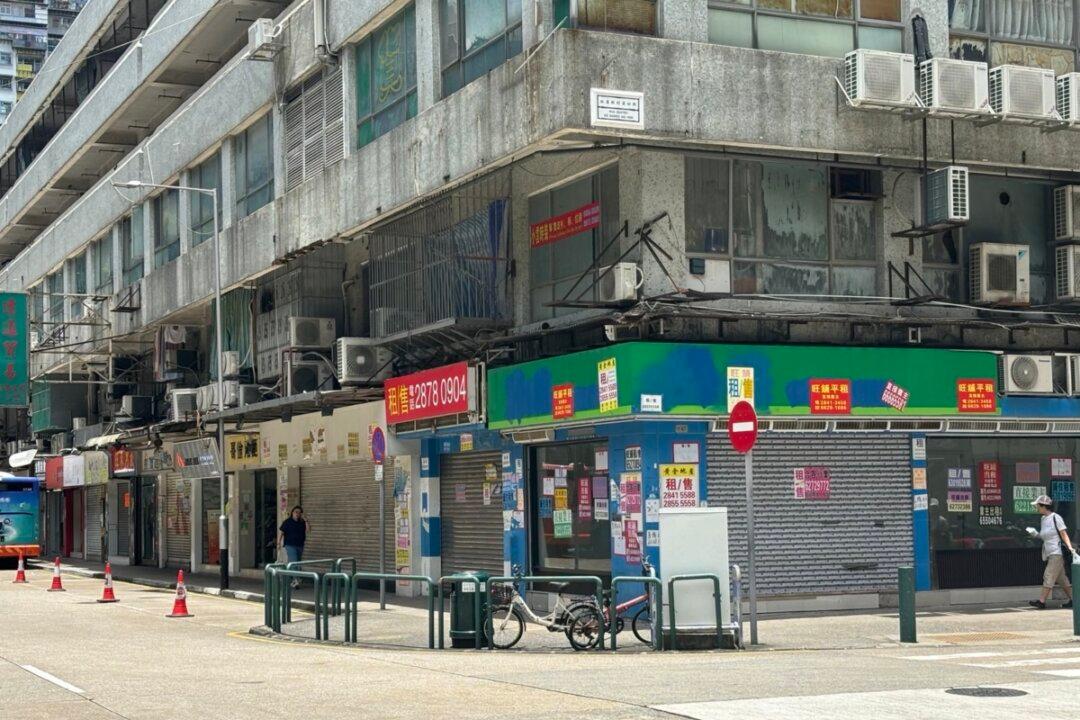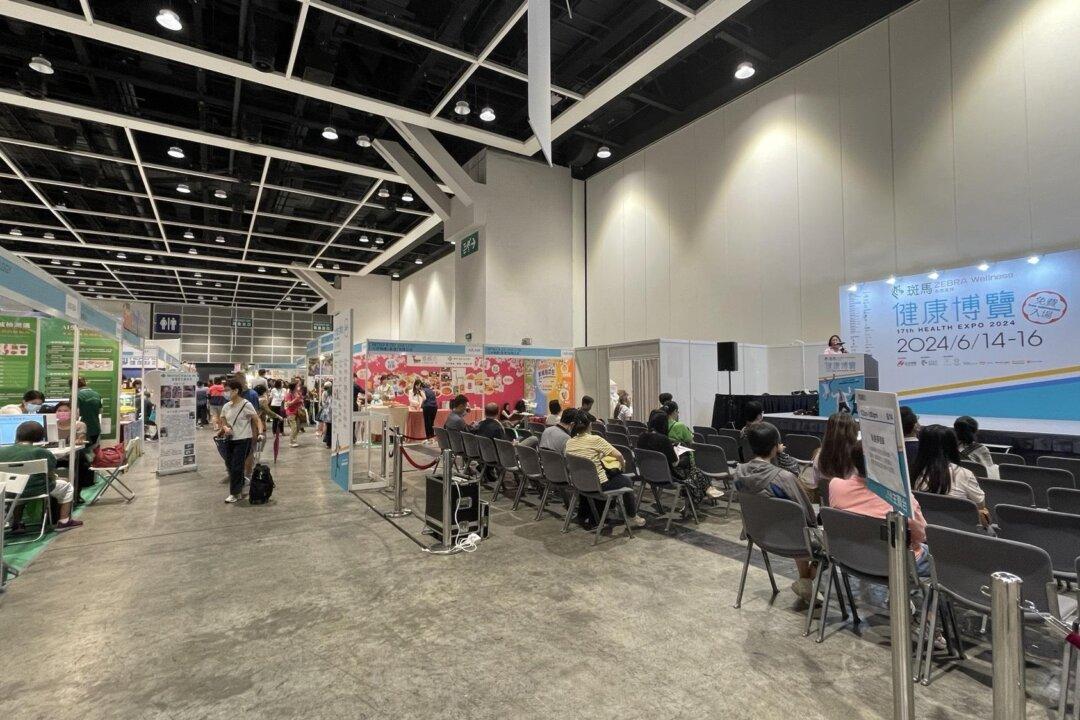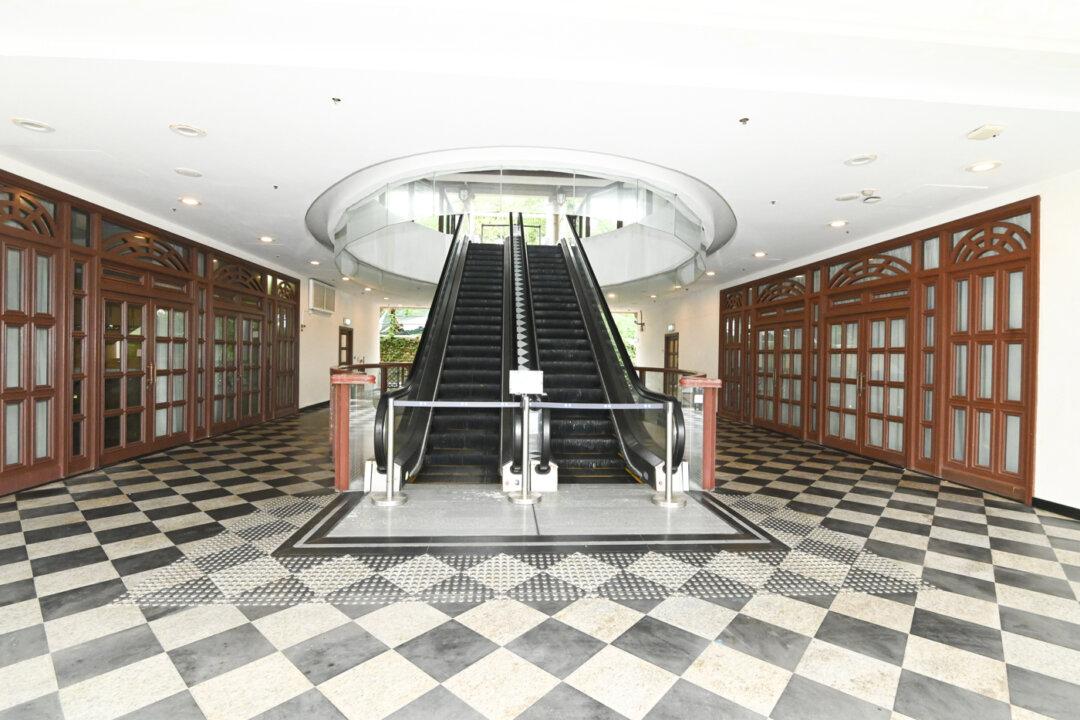News Analysis
Hong Kong’s property market showed signs of returning health earlier this year, after the financial hub lifted previous real estate policies in the hopes of breathing life into its ailing property market. However, after a brief rebound, the city’s real estate market has resume its slide, with no apparent end in sight.
